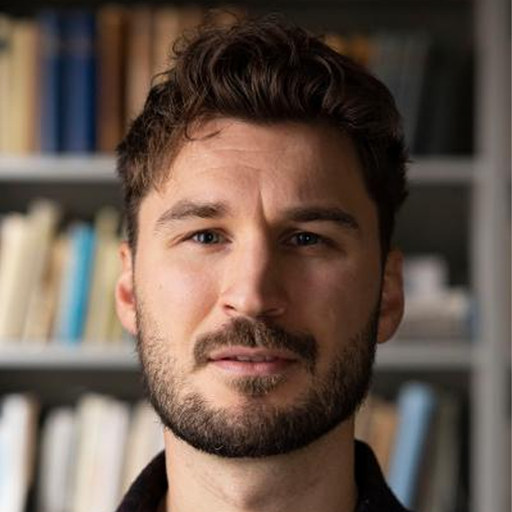< Projects

AI and Political Communication
The project focuses on the impact of Artificial Intelligence (AI) in society, with focus on visual political communication. AI is often assumed to be a technical domain of study, but as AI-based systems diffuse and integrate across society it is increasingly clear that this development has vast implications for politics. It shapes political practice and the distribution of power. It introduces newly valuable resources in the form of data, amplifies social divisions, and creates new elites.
A strongly impacted area, and a pivotal issue for democratic governance, concerns information and communication. AI is creating new ways to process and manipulate information, which raises questions about the possibility of maintaining the genuinely public agenda that is so fundamental to democracy. AI plays a key role at several levels in the agenda-shaping processes that take place in complex media ecologies: in the platform algorithms that select and promote attention in digital and social media; the (semi-)automated bot accounts that spread information; and the AI-generated content (e.g. deepfake video) that is spread. It is vital to understand whose voices are heard and which issues are rendered (in)visible in a public agenda shaped under these conditions. It is crucial to examine the politics of the platforms that shape these processes, and equally what the public make of the information and how their actions contribute to the ensuing dynamics. These issues become all the more significant because of the way the organisational qualities of communication are amplified in the digital context: digital media not only enable sending and receiving messages, they also create organisational structures.
The research frontier and the novelty of this position lie in the issues addressed and methodology developed for the purpose. Current research investigates areas such as influence, disinformation and the political role of civic cultures anchored in humour and hate. The challenge is that complex media environments are characterised by multi-directional information flows involving legacy, digital and social media, and the mix of elite, social, and algorithmic cues. Understanding public agenda formation in the contemporary media environment requires us to account for: (a) the mechanisms through which information is organised and travels; (b) the resonance of multi-modal content; (c) how citizens take up and share information. Doing so demands intrepid innovation in research design.
The field points to two clear substantive gaps: (a) Visual politics: Visual communication is particularly prominent in the digital environment. It is known to be a powerful kind of political communication, but we know surprisingly little about it in this context. In particular, there is little knowledge about the spread of image-based information at scale, the relationship between textual and visual information, and the role of digitally amplified visual information in public understanding; (b) Differentiated publics: While important work has focused on the (textual) information that is shared, we still lack a nuanced understanding of how distinct publics perceive and spread information, and how platform affordances, content and cues matter. Crucial questions thus remain about the social negotiation of information and disinformation, and how differentiated publics’ processing of information contribute to shaping the public agenda.
The research frontier calls for bold methodological advances to address such questions. A key area for development is the innovative triangulation of classic social science methodologies with tailored computational capabilities to powerfully address but also incorporate differentiated public understanding. Harnessing distinct methods and data (e.g. media content, digital traces, and self-reported data) opens up the possibility to study not only the implications of visual politics but also how public understanding feeds into broader agenda-shaping dynamics at scale.
Assistant Professor Project
Keywords
Universities and institutes
Uppsala University
Project members

Carl Öhman
Assistant Professor
Uppsala University

Emelie Karlsson
PhD student
Uppsala University

Sophie Mainz
PhD student
Uppsala University

